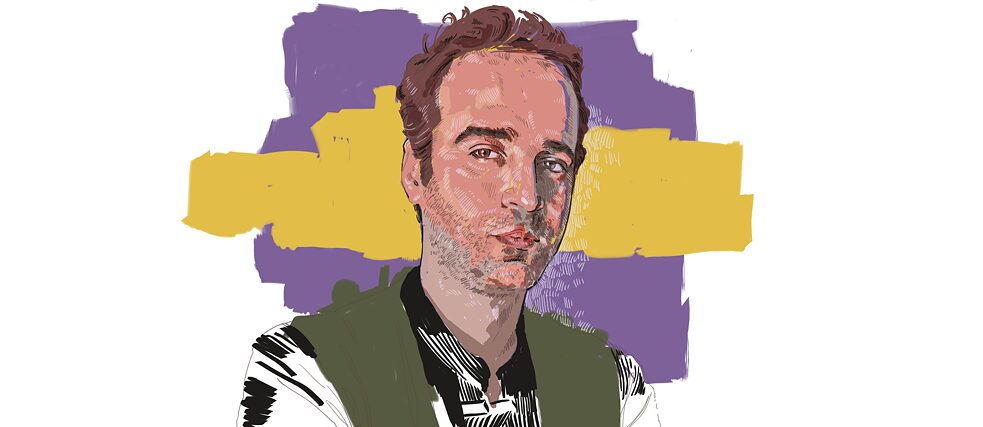by Muhammad Sherwani from Erbil
I Will Wait for You

Muhammad Sherwani was born in the city of Erbil (Hewler), where he completed his education. He there attended the Fine Arts Institute and studied music. Later, he studied film at the College of Arts. He subsequently moved to Turkey to obtain his master’s degree in film and TV production.
At the moment, he works as director and owner of Cine Kurd, in film and drama production, and he continues to write movie scripts. Sherwani says that Erbil is the city of his childhood, adolescence and adulthood. The city is more than seven thousand years old, but it has never seen peace or rest, with ISIS as its most recent threat. Despite the rich history of Erbil, art and culture has not been given their deserved attention. The film industry is still bogged down by the traditional mentality of older generations and has not made way for the aspirations of the city’s youth.
I Will Wait for You – A short film
I Will Wait for You tells the story of single mother named is Sohaila. She is a widow, her husband a Peshmerga fighter who was martyred in the war against ISIS. She leads a difficult life alone with her daughter in a flat, and she has to get a family to look after her daughter while she earns a living working at a restaurant. The film is about 12 minutes long. It is filmed mainly in Erbil, alternating between Sohaila’s dwelling, the surrounding mountains, and the house Sohaila takes her daughter to before going to work.Sherwani believes that Sohaila’s life symbolises that of countless other women whose husbands died or disappeared fighting ISIS. Sohaila has only one child in the movie, but hundreds of other women have more children and are living with their in laws, unable to start a new life after losing their husbands, constrained to live under harsh, conservative societal norms without other options available to them.
Sohaila is an example of the Kurdish woman who strives to live independently, free of the out-dated norms that are just another war on women, a second invisible war that women suffer from without any one to support them. Sherwani says that he does not want to focus on the literal warfront, but on the war that persists even despite the end of war with ISIS, the war that rages on in silence–the societal war against those women who lost their loved ones in war and are now alone, waiting for a saviour.
Background to the film
Sherwani’s difficult life and his mother’s constant struggle to raise her children served as inspiration for most of his film work. Women’s struggle to raise children under harsh circumstances deeply affected Sherwani, and he always held a profound admiration for these warriors.He promised to raise these issues in his films, which is why many people criticise him for giving Kurdish society a bad name through his portrayal of its problems. Sherwani responds, “I would say to them that I am only showing the reality of women’s lives in our society. Just as there is a hero in the film, there is also a villain. Just as I show the hero, I must also show the villain, who is backwards and conservative and who stifles women’s aspirations in life.” Sohaila is a heroine who represents the struggles of numerous other women who lost their husbands during the war. The owner of the restaurant she works for is a villain who represents backwardness and out-dated norms against women.